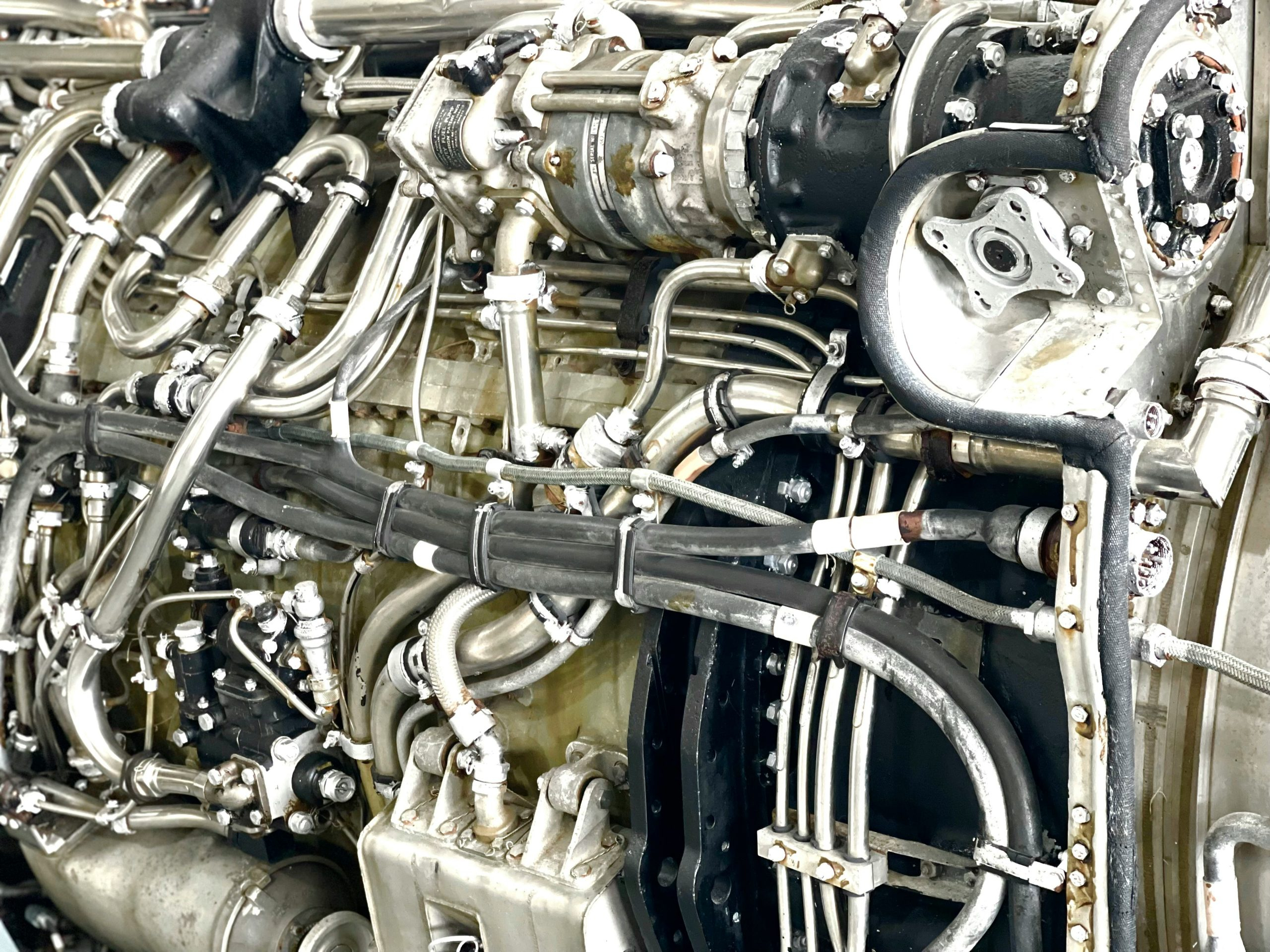Essential Maintenance Tips For Extending Vehicle Engine Life
Welcome to the world of vehicles, where big and small engines power our daily transportation needs. Whether it’s a car, truck, or motorcycle, the engine is the heart of the vehicle and requires regular maintenance to ensure it continues to run smoothly and efficiently. Many people neglect engine maintenance, thinking that it’s a costly and time-consuming task. However, proper maintenance is crucial for extending your vehicle’s engine life and avoiding costly repairs in the future. In this article, we’ll discuss essential maintenance tips that will help you keep your engine in top shape for years to come.
The Importance of Regular Engine Maintenance
Before diving into the maintenance tips, let’s first understand why regular engine maintenance is crucial. The engine is a complex machine with various moving parts that require lubrication, cleaning, and adjustment to function properly. Over time, these parts wear out, leading to decreased performance and potential breakdowns. Regular maintenance helps identify and address these issues before they turn into major problems, saving you from expensive repairs.
Moreover, maintaining your vehicle’s engine also ensures optimal fuel efficiency, saving you money on gas. A poorly maintained engine can cause it to work harder, burning more fuel to produce the same amount of power. By keeping your engine in top shape, you can also contribute to a cleaner, healthier environment by reducing harmful emissions.
The Essential Maintenance Tips For Extending Vehicle Engine Life
1. Follow the Manufacturer’s Maintenance Schedule
The first and most crucial tip is to follow the manufacturer’s recommended maintenance schedule. Every vehicle comes with a manual that outlines the exact maintenance requirements for your specific make and model. The schedule includes routine tasks such as oil changes, filter replacements, and inspections that should be done at regular intervals. It’s important to follow this schedule and not skip any maintenance tasks as they are designed to keep your engine in peak condition.
2. Regularly Change Engine Oil and Filters
Changing engine oil and filters on time is crucial for the overall health of your engine. Engine oil lubricates the moving parts, reduces friction, and prevents overheating. Over time, the oil breaks down, loses its viscosity, and becomes less effective. This can cause increased wear and tear on the engine. Therefore, it’s essential to change your oil as recommended by the manufacturer.
The oil filter also needs to be replaced at the same time as the oil change. The filter helps to remove contaminants from the oil, preventing them from reaching and damaging the engine. A clogged filter can cause oil to back up and reduce the efficiency of the oil. Regularly changing the filter ensures clean oil is flowing through the engine, keeping it in good condition.
3. Keep an Eye on Fluid Levels
Aside from engine oil, your vehicle has other fluids that need to be checked and topped up regularly. These include the coolant, brake fluid, power steering fluid, and transmission fluid. Low levels of these fluids can lead to serious engine problems, such as overheating, brake failure, and transmission failure. Check the levels regularly and top up as needed, following the manufacturer’s instructions.
4. Maintain a Clean Engine
A clean engine is a happy engine! Over time, dirt, grime, and debris can build up on the engine, reducing its efficiency. It’s important to keep your engine and its components clean to prevent corrosion, improve air flow, and prolong its life. However, make sure to use proper cleaning products and techniques to avoid damaging sensitive engine parts.
5. Inspect Belts and Hoses
Belts and hoses play a crucial role in the proper functioning of a vehicle’s engine. They help transfer power and fluid between different engine components. However, they can wear out or become damaged over time, leading to overheating, loss of power, and potential engine breakdown. Regularly inspect the belts and hoses for cracks, fraying, or signs of wear, and replace them if necessary.
6. Keep the Air Filter Clean
The air filter plays a vital role in keeping your engine running smoothly. It filters out dust, dirt, and debris from the air that enters the engine, preventing damage to the internal components. A dirty air filter can restrict airflow, causing the engine to work harder, reduce fuel efficiency, and even result in a breakdown. Check and replace your air filter according to the manufacturer’s recommendations.
7. Address Any Warning Signs
Pay attention to any warning signs your vehicle may be giving you, such as strange noises, vibrations, or warning lights on the dashboard. These can be indications of underlying issues that need to be addressed immediately. Ignoring these signs can lead to more significant problems and costly repairs down the road.
In Conclusion
The engine is the heart of your vehicle, and regular maintenance is crucial for keeping it running smoothly and efficiently for years to come. By following these essential maintenance tips, you can extend your engine’s life, save money on repairs, and contribute to a cleaner environment. Remember to follow the manufacturer’s recommended maintenance schedule and address any issues promptly to ensure your engine’s longevity.










